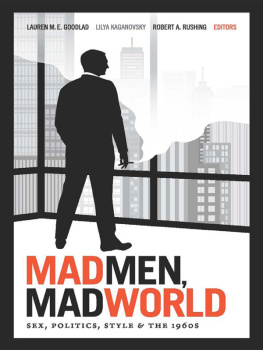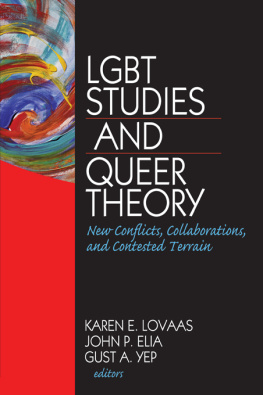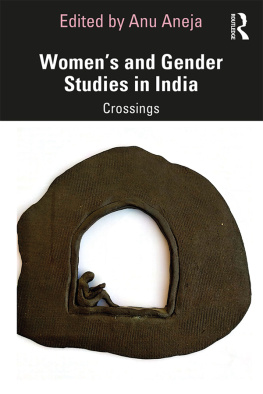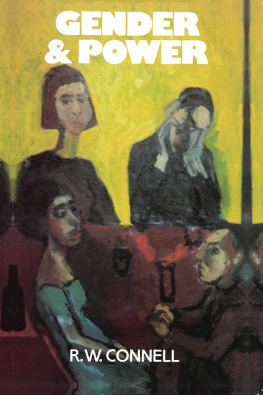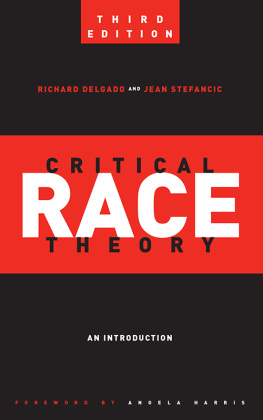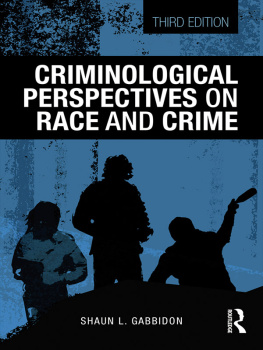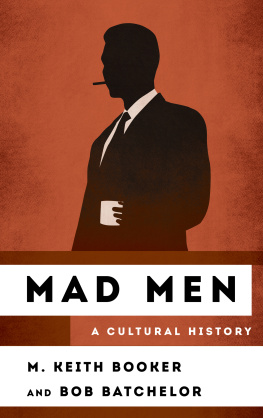ACKNOWLEDGMENTS
Every scholarly work is, in some sense, collaborative, but edited volumes are particularly so. We thank first and foremost our fantastic contributors for their hard work and dedication to this project over the past two years. Our anonymous reviewers were some of the best intellectual interlocutors we had, and we thank them for their detailed engagement with this volume and the many ways they helped to make it better. We thank our editor, Courtney Berger, and everyone at Duke University Press for their enthusiasm for this book. And we particularly thank our incredibly hardworking graduate student research assistants at the Unit for Criticism and Interpretive Theory: Mike Black, Carl Lehnen, Katherine Skwarczek, and, toward the end of the project, MC Anderson and Amanda Monson.
All three of the editors of this volume share a common academic home in the Unit for Criticism and Interpretive Theory at the University of Illinois, Urbana-Champaign, but we also thank our more traditional academic homes for their support: the Department of English; the Department of Slavic Languages and Literatures; the Department of Spanish, Italian and Portuguese; and the Program in Comparative and World Literature. This project originated in a symposium in Urbana in 2010, and we are grateful to the many cosponsors and participants, including Pat Gill, Jennifer Greenhill, Diane Koenker, Michael Rothberg, and Paula Treichler. Nancy Abelmann, our associate vice chancellor for research in the humanities and arts, brought the project to the attention of the Campus Research Board at the University of Illinois, which provided generous funding for copyediting and permissions.
Many, many colleagues and friends contributed to this projecttoo many to mention individuallysometimes through their personal support, sometimes through animated discussions about the show, and most often through both. Jason Mittell's superb writing on seriality was an inspiration for our work. Michael Brub, Caroline Levine, Dana Polan, and Jeremy Varon were endlessly generous in providing expertise and illuminating thoughts at various stages of this project. They also contributed to the multi-authored series of posts for seasons 4 and 5 of Mad Men on the Unit for Criticism's weblog, Kritik. For their witty and on-the-spot blogging, we are also indebted to Sandy Camargo, Eleanor Courtemanche, Jim Hansen, Konstantine Klioutchkine, Adam Kotsko, Sanja Lacan, Carl Lehnen, Todd McGowan (whose post brought the blog and this volume to the attention of the New York Times), and Faith Wilson Stein. For permission to reprint Jerry Yulsman's stunning photograph of Dick Gregory and Hugh Hefner at the Playboy Club, we (and Clarence Lang) thank Barbara Woike and Tom Yulsman. We owe special thanks to Phil Abraham for his generosity in sharing his time and his insights from inside the show's production, as well as Eileen Gillooly for her kindness in making this introduction.
We thank our families and friends for their support, help, and encouragement with this project (and in particular, our parents, the real Mad Men generation). Mark Sammons has earned a special note of gratitude for his help with many things, not least of which was this volume's title.
Finally, a very special and sad acknowledgment of our colleague, contributor, and friend Alex Doty, who died while this volume was in production. Our condolences to his family and friends everywherehe will be missed. We are grateful to Corey Creekmur for writing Alex's contributor biography.
AFTERWORD
A CHANGE IS GONNA COME, SAME AS IT EVER WAS
MICHAEL BRUB
YOU'RE NOT THERE
The single most annoying criticism of Mad Men is the complaint that the series is, in the words of Mark Greif, an unpleasant little entry in the genre of Now We Know Better. Annoying, because it expresses the kind of partial truth that doesn't know how partial it is; I think of it as the kind of thing uttered by people to whom my sister-in-law refers as Know-Some-of-It-Alls. There's no point trying to deny it: when you watch the Draper children scamper around in dry-cleaning bags and tumble in seatbeltless cars; when you gasp at the casual-but-intense sexism, racism, anti-Semitism, and homophobia in the office; when you snicker at Francine worrying that the arrival of a divorced woman will drive down the local property values in Ossining; or when you shudder at Betty Draper shaking the picnic blanket and leaving the Drapers' trash on the groundthere's no way not to reflect on the differences in social mores between then and now. Much of the Mad Men commentary across the length and breadth of the infinite Internets consists of such reflection. When a self-described product of early 80s schooling where littering will land you in, or around, the lowest depths of the netherworld showed up at Ask Metafilter and questioned whether people really acted that way, dozens of respondents repliedby reminding everyone what the archaic word litterbug meant and why a national campaign was Because, you know, only trash did that.
Schwarz, like Greif, claims that Mad Men directs its audience to indulge in a most unlovelybecause wholly unearnedsmugness; interestingly, this line of argument can be and has been pressed into the service of an even more elaborate smugness, as evidenced by Melissa Witkowski's Guardian essay in which Mad Men is castigated not only for its unpleasant, unearned smugness (the expected, self-congratulatory response is: Look how far we've come!) but also for making the early 1960s look worse than they really were. Witkowski thus concludes that the times, they have been a-stayin pretty much the same: By ignoring the successes and struggles of women and people of colour in advertising in the 1960s, Mad Men obscures the fact that we are not much further along than we were then. The advertising world is still largely controlled by white men (with white women making greater strides in increased presence than black men and women), and the exceptions are still ultimately outliers, if somewhat greater in number. The show's overemphasis on institutional racism and sexism thus underemphasizes institutional racism and sexismand, having read Witkowski's essay, Now We Know Better. Similarly, Greif knows perfectly well what the series wants us to think, what it directs its audience to feel:
It does at least expose what's most pompous and self-regarding in our own time: namely, an unearned pride in our supposed superiority when it comes to health and restraint, the condition of women, and the toleration of (some) difference in ethnicity and sexuality. Mad Men flatters us where we deserve to be scourged. As I see it, the whole spectacle has the bad faith of, say, an 18th-century American slaveholding society happily ridiculing a 17th-century Puritan societyLook, they used to burn their witches!while secretly envying the ease of a time when you could still tie uppity women to the stake.
Beginning with the editors' introduction, several of the contributors to this volume have refreshingly bracing responses to this school of thought. Caroline Levine points out that the shock of the banal would not work in a representation that merely distanced us from the world represented: it must offer us the play of familiarity in strangeness; thus, she writes, from episode to episode, Mad Men actually gives us very little reason to leap to the conclusion that we are now postrace and postgender, but it does give us a strong incentive to entertain the serious and radical political questions: Is change possible? And if so, how does it happen? Similarly, Jeremy Varon suggests that the very tension between official censure and illicit desire propels many of the show's richer meanings, which little concern a supposed hierarchy of eras and go way beyond vicarious thrills, and concludes,

